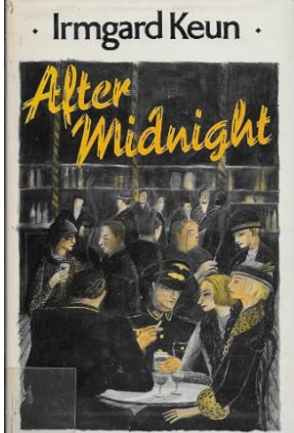Charlotte Higgins - Greek Myths: A New Retelling.
Charlotte Higgins. Greek Myths: A New Retelling. (United Kingdom: Penguin Random House, 2021).
Higgins is a classicist and works as cultural editor for The Guardian. Her book is a collection of reinterpreted versions of classical Greek myths. This book provides a feminist perspective on these stories and reinterprets them in a way that challenges patriarchal norms and values. The framework (used like a loom is a framework) is that the women tell these stories through their weavings. It is a collection of ekphrasis.
I had high expectations but enjoyed the attempt at the concept rather than the realisation of the project. She understands the stories, and takes permission from Ovid and also Catullus, to create such a framework, however, it was disappointingly flat. Much like the retellings in other books (children’s versions, the books of Stephen Fry) just telling the plots is only part of the point. The rest of the point is how the ancient stories were told. I’m interested in early uses of the literary devices we have taken for granted ever since. Throughout the teaching of the Western Canon there has been an assumed value in learning classical literature to recognise references to classical plots, but there is also value in understanding literature in terms of narrative, form, and literary devices. She does tell many stories from the woman’s point of view and includes the types of perspectives covered in other rewrites. I do appreciate the emphasis on weaving and storytelling.
Certain aspects are particularly feminist. She has Medea compare the experiences of men in battle with women in labour, and challenge the idea of heroism, extending the representation by Euripides. ‘One day things would change - women would be the ones who had the glory, women would be the ones whose exploits were sung to the skies… The Muses, in the end, would silence the false songs that told of women’s treachery, women’s duplicity’ (p. 238).
She has Penelope compare herself to her cousin Clytemnestra, and wonder if she would behave similarly in the circumstances. She wonders if Athena even existed, and if her best ideas were brought to her by Athena or the product of her own intelligence. The book ends with Penelope departing from the loom, leaving only spiders to still weave there.
The notes and readings are helpful, and I have been following up on them.



Comments
Post a Comment